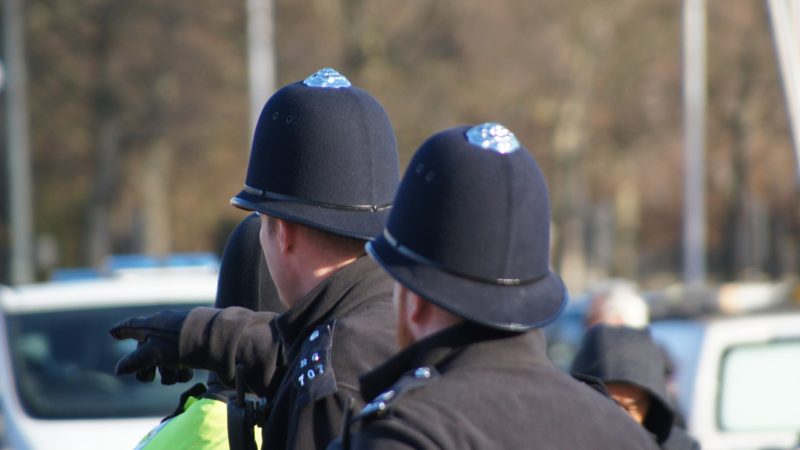
The number of police officers and police community support officers assigned to neighbourhood roles has been cut by more than 10,000 under the Tories since they first came to power in the coalition government in 2010, research has found.
According to analysis of Home Office figures, published by the Labour Party this afternoon, the number of officers and PCSOs in neighbourhood policing has fallen by 6,625 and 3,898 respectively over the last 12 years of Tory government.
Commenting on the data, Labour’s Yvette Cooper said neighbourhood policing has been “decimated” under Conservative governments and warned that both leadership candidates Rishi Sunak and Liz Truss had “been part of that”.
“For all the empty rhetoric from Liz Truss and Rishi Sunak, the truth is that their government has cut over 10,000 neighbourhood officers and PCSOs from frontline policing even after the recent uplift is factored in,” she said.
“People are desperate to see police out on the streets, but the Conservatives are so out of touch with what’s happening in communities they don’t get why neighbourhood policing matters so much.”
The data also revealed that there are 6,252 fewer frontline police officers than there were in 2010 and that the proportion of frontline officers is at its lowest since 2010. According to the Home Office figures, the Tories have presided over a 30% cut in the numbers of police officers.
Overall, the number of PCSOs has fallen from 16,377 in 2010 to just 8,750, a decrease of almost 50%, and in the last year alone 534 PCSOs have been cut from police forces across the country. Between 2015 and 2020, the proportion of the public who report never seeing a police officer on patrol rose from 25% to 48%.
“Labour would put neighbourhood police officers back on the street, with local prevention teams and neighbourhood police hubs to tackle community crime at its source. Our communities need a fresh start with a new government, not yet another failing Conservative Prime Minister,” Cooper said today.
Truss has been accused of proposing an “incoherent” policy on policing after she revealed as part of her Tory leadership bid that she wants to impose targets on forces to cut the number of murders by one fifth if she becomes Prime Minister.
The contender in the race to succeed outgoing Prime Minister Boris Johnson also told forces this week that she would expect them to cut homicide, serious violence and “neighbourhood crime” rates by 20% before the next general election.
Rival candidate Sunak said earlier this month that the police should be “focused on fighting actual crime in people’s neighbourhoods and not policing bad jokes on Twitter”. He also said criminals should spend longer in prison for not attending sentencing hearings and backed ministers getting a veto over parole board decision.
Both Sunak and Truss have held multiple positions in government since 2010. Most recently, Sunak served as Chancellor in Johnson’s government since February 2020 until his resignation earlier this month and Truss has served as Foreign Secretary since September last year. She did not resign from Johnson’s cabinet.




More from LabourList
‘It’s one year since I became Britain’s youngest MP. Here’s what I’ve achieved so far’
Tribute: ‘David Lipsey’s joie de vivre is missing in Labour politics today’
Ellie Reeves: ‘One year in, the next phase begins – focused on living standards’